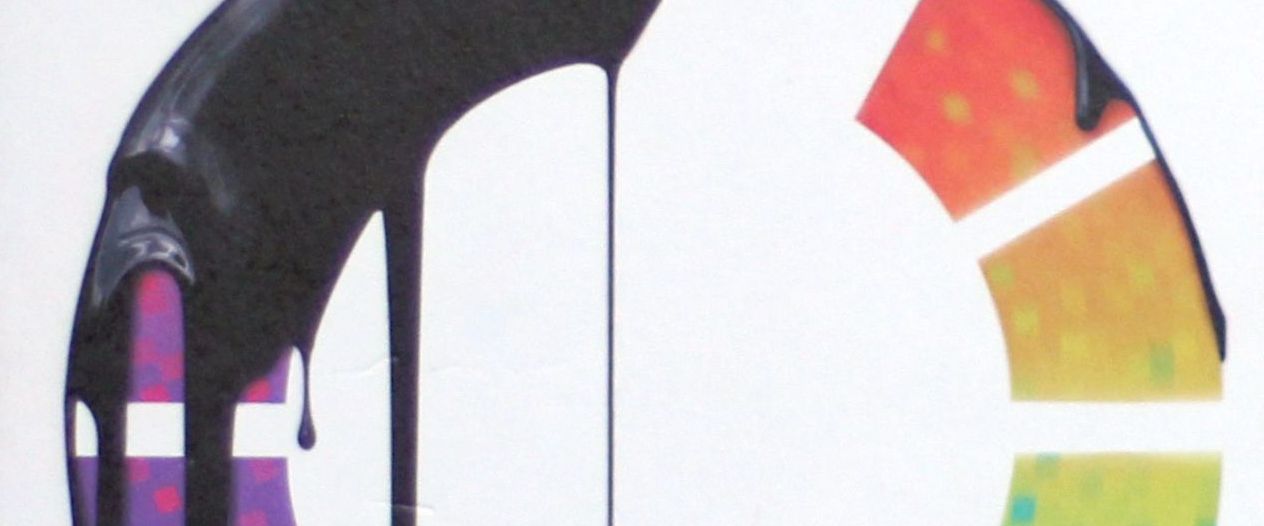
Here's the narrator from Tom McCarthy's novel Satin Island pondering an aspect of anthropology:
I considered at great length the question of field. In classical anthropology, there's a rigid distinction between "field" and "home". Field's where you go to do your research, immersing yourself, sometimes at great personal risk, in a maelstrom of raw, unsorted happening. Home's where you go to sort and tame it: catalogue it, analyse it, transform it into something meaningful.

I am drawn towards this distinction between fieldwork and homework (though 'deskwork' might be a better word than 'homework' in the context of what I'm about to say). It makes me think of the term 'data journalism', which some of us find appealing because it implies that the written or spoken narrative is at least as important as the data that supports it; and also because most of us, if we think about journalism—and what journalists do, how they operate—we probably think of them as being mainly out in the field. If we use movies as our guide to how investigative journalists spend their time (Carl Bernstein and Bob Woodward in All the President's Men, for instance, or Cal McAffrey in State of Play, or the whole team of reporters in Spotlight), then not only do they seem to be out in the field most of the time, but there's great personal risk involved, too. Out in the field is where journalists gather the facts they use to build their stories. They might go back to the office (or "home") to write the stories, but really, field's the thing. Field is where the action is.
A lot of us data analysts would like to think of ourselves as data journalists. It's a label that somehow makes us seem a bit less geeky, a bit less insular, and a bit more connected with the world that's happening all around us. And yet—for all that we might like to think of ourselves as data journalists, or even data anthropologists (which is what I sometimes label myself as, when I'm trying to make myself sound more interesting than I actually am)—we don't really get out as often as we should. We spend too much time at the desk and not enough time in the field.
One reason for this is that our basic model—the set of assumptions that make up our conception of what an information analyst does—involves mainly sitting at a desk in front of a computer crunching numbers, creating data dashboards, with only occasional forays out into the field. There's no clear precedent to call upon that prompts us to think: no, I should actually only be spending about 20 per cent of my time doing that; the other 80 per cent I should be out in the field.
Another reason is hinted at by Tom McCarthy's "great personal risk" comment in the quote at the beginning of this piece. It might not be physically risky for us to go 'exploring' in the health centres, the wards, the hospital corridors of the NHS, but exploration takes us out of our comfort zones. So being in the field is intellectually risky, and risk-taking isn't a personality characteristic that we associate with data analysts.
I mentioned three movies that present the investigative journalist as hero. I've just spent a significant amount of time binge-ing on Nordic Noir TV series, and one of the things I've found interesting is that there's often a member of the detective team (it's John Lundqvist in The Bridge, for example, and it's Trikker in The Protectors) who 'does' data (usually involving analysis of CCTV footage, enhancing images, tracing mobile phone signals, that kind of thing), and who mainly stays in the office.
So I've now got a new dichotomy to vex me: as data analysts, are we the backroom IT experts in a Scandinavian crime series, leaving dangerous fieldwork to the brave detectives? Or are we the heroic investigative journalists (in Tom McCarthy's world, anthropologists) who do the fieldwork ourselves, whilst still somehow leaving enough time in our diaries to crunch the numbers and write it all up when we get back to our desks?
I don't have an answer to this dilemma. I just know that the investigative journalist metaphor seems to me to be more interesting. Here's another passage from Satin Island, in which the narrator's girlfriend is trying to make sense of what the narrator does for a living:
An anthropologist, she'd said; that's . . . exotic. Dances, and masks, and feathers: that's the essence of your work, isn't it? I mean, even if you're writing a report on workplace etiquette, or how to motivate employees or whatever, you're seeing it all through a lens of rituals, and rites, and stuff. It must make the everyday all primitive and strange - no?
And this comment made me think of Bruce Mau's Incomplete Manifesto for Growth, it's no. 33 on the list that's relevant here:
33. Take field trips. The bandwidth of the world is greater than that of your TV set, or the Internet, or even a totally immersive, interactive, dynamically rendered, object-oriented, real-time, computer graphic-simulated environment.
[originally written: 6 January 2017]
[edited and re-published: 2 August 2024]